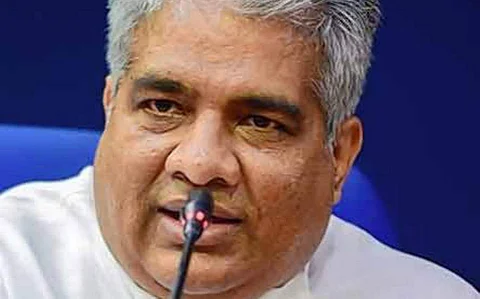

The Centre on Friday told the Delhi High Court that it was willing to translate and publish the draft Environment Impact Assessment (EIA) in all the 22 vernacular languages in the Eighth Schedule of the Constitution.
A bench of Chief Justice D N Patel and Justice Prateek Jalan was informed by Additional Solicitor General (ASG) Chetan Sharma that the Centre has in-principle agreed to translate the draft EIA in all 22 languages and sought four weeks to complete the process.
The high court recorded the statement of the ASG and granted the time sought, listing the matter for further hearing on October 21. The ASG along with central government standing counsel Anurag Ahluwalia said that since the draft has to be translated into so many languages, it will take some time to arrange for logistics, including translators.
The counsel said the government did not want to pursue its review petition against the June 30, 2020 order directing the Environment Ministry to translate the draft EIA notification in all 22 languages within 10 days of the order.
The court had also extended till August 11, 2020, the time for receiving remarks from the public. The court's order had come on a PIL by environmental conservationist Vikrant Tongat, seeking publication of the notification in all vernacular languages and also an extension of the deadline for receiving public comments on it.
On Friday, when the petitioner's counsel submitted that the government be asked to extend time for receiving public comments, the bench said let the government first translate the draft into other languages. "They have taken care of the major thing. This is happening for the first time otherwise notification is being published only in English and Hindi. Let them do this first," the bench said.
The high court on February 25 had observed that its view that the draft EIA be translated in all 22 languages should not be taken so "combatively" by the central government. People in remote areas are "our citizens" who need to be heard and may not understand the draft if published only in English and Hindi, the court had said to the Environment Ministry which had been against translating the draft EIA in the vernacular languages.
The June 2020 order was initially challenged by the ministry in the Supreme Court which allowed the government to withdraw its appeal and instead file a review before the high court. The apex court also put on hold the proceedings in the contempt plea filed by Tongad for non-compliance with the June 30, 2020 direction.
Subsequently, the ministry filed a plea seeking review of the June 30 order on the grounds that official documents are required to be published only in Hindi and English. The draft EIA 2020, according to Tongad's plea, provides for post-facto approval of projects and does away with public consultation in some cases. The petition by Tongad had claimed that the draft EIA 2020 completely supersedes and replaces the existing environmental norms. "This draft notification proposes significant changes to the existing regime, including removing public consultation entirely in certain instances, reducing the time for public consultation from 45 days to 40 days, and allowing post facto approvals for projects," it had said.
